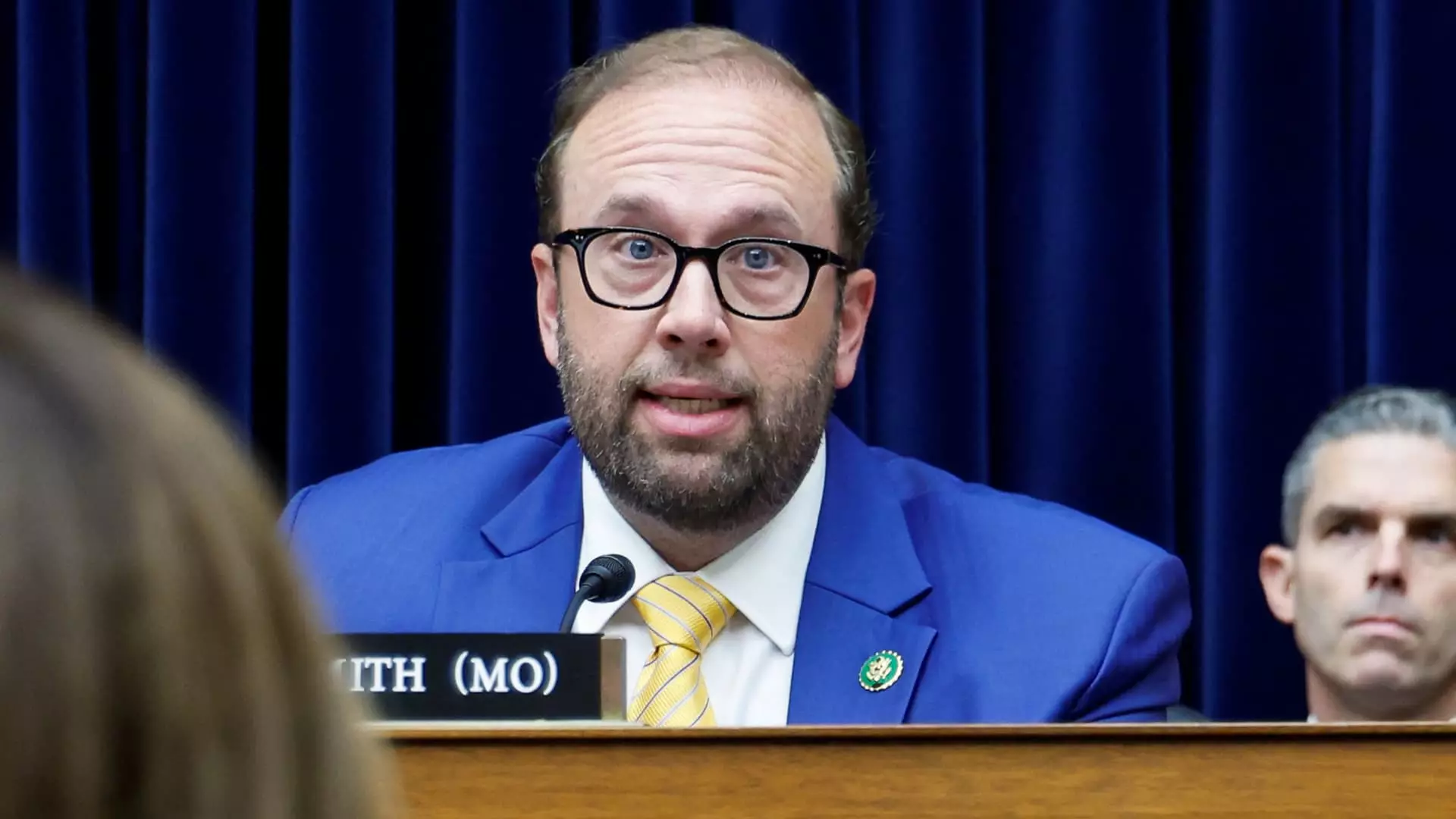The recent push by House Republicans to advance a massive tax reform package under the banner of President Donald Trump is riddled with contradictions and pitfalls. With a bold assertion of “One, Big, Beautiful Bill,” proponents tout a swelling landscape of tax breaks that supposedly aim to revitalize the economy. However, upon closer scrutiny, it’s hard to ignore the considerable shortcomings and the possible detrimental impact this tax plan could have on millions of Americans.
One primary focus of this overhaul is the contentious State and Local Tax (SALT) deduction. While the proposal seeks to increase the SALT cap to $30,000 for individuals earning $400,000 or less, this newfound generosity is almost laughable, given the initial constraint of $10,000 imposed by the Tax Cuts and Jobs Act (TCJA) of 2017. This superficial increase does little more than scratch the surface of a complex issue, leaving taxpayers in high-cost states in significant turmoil. Many lawmakers are striving for an even higher limit, yet the reality remains that these discussions often overlook the broader implications and essential equity for ordinary taxpayers, who don’t benefit from the same privileges as the affluent.
Republican Rhetoric vs. Reality
The tone set by House Ways and Means Committee Chairman Jason Smith, R-Mo., raises eyebrows. In the wake of a narrow 26-19 party-line vote, Smith’s unwavering confidence feels misplaced. The legislation may tick off boxes for Trump’s campaign promises, but it neglects the fundamental needs of regular citizens who are not hand-picked beneficiaries of tax breaks.
With grand promises to cut taxes on tips and provide tax-free overtime pay, the question looms large: who exactly will reap the benefits of these changes? Experts are already casting doubt on the efficacy of these provisions, suggesting they may be poorly tailored to assist those who need it most. Furthermore, the proposed $4,000 deduction for older Americans, while seeming generous, lacks the necessary acuity to address the real challenges faced by retirees primarily reliant on modest Social Security income.
Neglect and Inequity in Child Tax Credits
In a bizarre twist, the proposed legislation seeks to extend the child tax credit while simultaneously leaving millions of working families out in the cold. The plan raises the maximum child tax credit from $2,000 to $2,500 per child until 2028, which on the surface appears like a victory for parents. However, the reality is far grimmer, as lower-income earners often find themselves unable to claim the full amount, effectively relegating significant portions of the population to a secondary tier of economic viability.
Critics, like Kris Cox from the Center on Budget and Policy Priorities, are rightly infuriated, highlighting that the proposal does nothing to aid the 17 million children who currently fall outside the ambit of receiving any benefit. This arbitrary division between who benefits and who doesn’t raises serious ethical questions about the nature of the tax reform. Is it genuinely designed to uplift the economy, or is it simply a veiled attempt to fortify the coffers of the wealthy under the pretense of fiscal kindness?
The Pitfalls of Political Ambition
As the legislative circus moves closer to a full House vote, the complexities of these tax reforms could face an uphill battle in the Senate. Tax reform should not be a bargaining chip for political gain; it should be a foundation built on fairness and accessibility. The glaring discrepancies within the proposed legislation make it painfully evident that this measure serves specific agendas, rather than a practical solution for the wider populace.
It’s essential for lawmakers to leverage responsibility and return to the drawing board. The focus should be on inclusive policies that cater to the largest swath of American families rather than a narrow segment of the population—that’s where true economic rejuvenation lies. Unfortunately, as it stands, the House Republicans are poised to deliver a bill that, in its current form, appears to be more about maintaining power than enabling progress for those who rely on the government to safeguard their economic stability.

